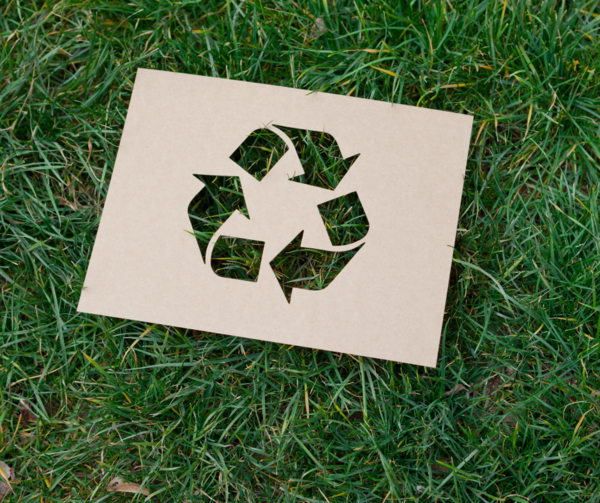Green Enough project celebrates Global Recycling Day with 4 top tips for improving recycling management

Have you ever wondered how your plastic water bottle is made? Or maybe thought about what happens to your rubbish after you have thrown it in the bin?
Each year humans use billion of tons of the earth’s natural resources to support our current lifestyles. We use water to grow crops, cut down trees to make cardboard and paper, and mine coal and oil to make plastic and fuel cars.
The earth’s natural resources are limited however, and we are currently using these resources more quickly than the earth can regenerate them. The unsustainable use of natural resources is a key contributor to climate change, driving water shortages, pollution, and rising global temperatures.
As part of our individual responsibility to minimise climate change, we should each be considering how we can use fewer natural resources and make better use of resources that we have already consumed. Recycling is a key action that we can all be doing to achieve this.
Recycling is a process of converting waste into new materials and objects. For the public, this is a simpler process which involves sorting your waste. Yet, in Europe, less than a third of the plastic waste is recycled. To raise awareness for the opportunities and importance of recycling the Green Enough project is joining others in celebrating Global Recycling Day on 18th March. Each year this day encourages all of us to look at our waste in a new light.
To mark Global Recycling Day, the partners of the Green Enough project are sharing their top tips for recycling better:
- Aim to reduce and reuse rather than recycle.
Recycling is a great initiative that we should all be doing. But it is better to reduce the amount of waste that we make in the first place. Try to buy only what you need, choose products with less packaging and look for items that you can re-use.
- Check which recycling waste your local authority collects.
Not every authority recycles the same materials in the same way. Adding things that might not be recycled or accepted by your local authority might lead to contamination and more waste production. You can find out which items your local authority helps to recycle by periodically checking online or contacting them directly.
- Make sure it's clean, dry and empty.
Recyclables must be empty, clean and dry to prevent contamination with other recyclables during collection and processing.
- Consider starting your own compost bin.
Composting is an effective way to recycle your food scraps and garden waste and also provide you with high quality soil nutrients for your plants. Find out how to get started here.
These are just a few tips to get you started. We wish you luck on your recycling adventure. To find out more about the Green Enough project, click here.
Note for editors:
The Educational program to raise ecological behaviour through an inclusive methodology using Augmented Reality Technology (Green Enough) is an Erasmus+ project supported via the Greek National Agency (Project No: KA220-ADU-FD4DE223). The project partnership includes the project coordinator Astiki Etaireia Psichokoinonik on Meleton (Ploes) (Greece) and the following partners Associacao Para a Recuperacao de Cidadaos Inadaptados da Lousa (ARCIL)(Portugal); Fundacja Eudajmonia (Poland); Kypriaki Etaireia Pistopoiisis Limited (Cyprus); Anaptyxi Kainotomikon Olokliromenon Proionton Asyrmaton Diktyon Aisthitiron Etaireia Periorismenis Euthynis (Sensworks) (Greece); AKTI Project and Research Centre (AKTI) (Cyprus); European Association of Service providers for Persons with Disabilities (Belgium).

